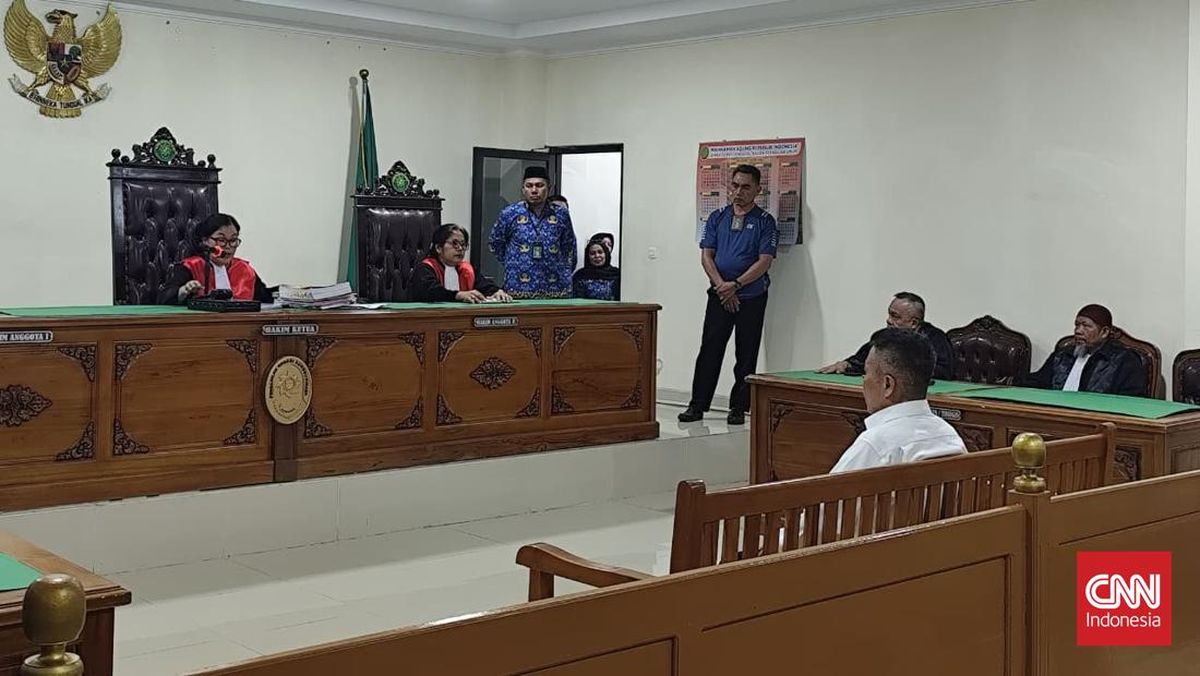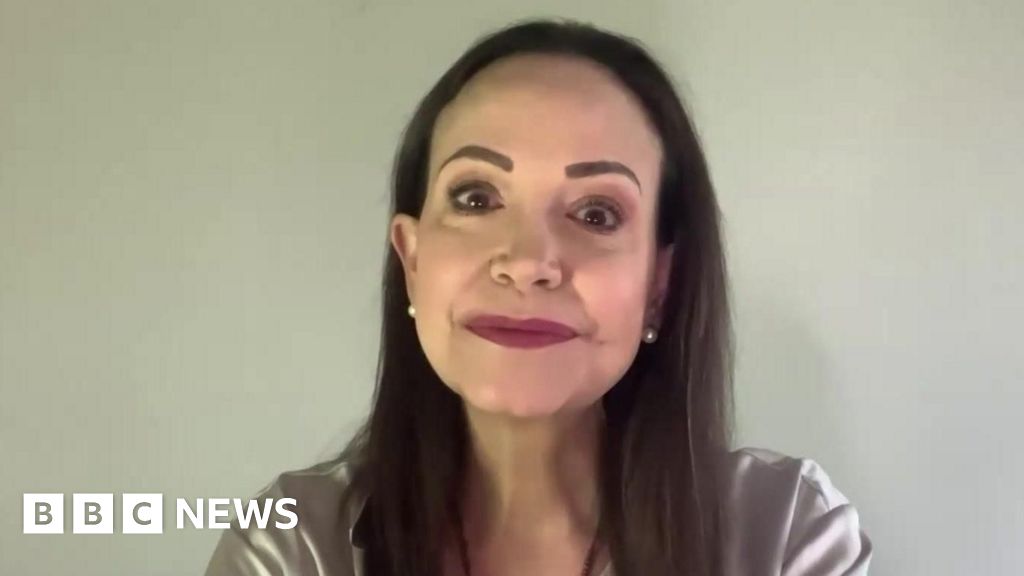WA students need laptops and the internet. But what happens when families can’t afford them?
Perth grandfather John Paulson is the sole carer of his five grandchildren aged between eight and 15.
Providing for them all using just his pension has recently become a greater struggle as the cost of living continues to climb. Affording supplies for their education has become all but impossible without help.

John Paulson with three out of his five grandchildren.
The biggest cost, Paulson said, was that schools required students to own or have access to laptops or tablets to complete their work.
Paulson said he had not been able to afford those luxuries – or access to the internet – which meant his grandchildren were falling behind many of their classmates.
The grandfather’s story is not unique. Of the students in national charity the Smith Family’s Learning for Life program, 44 per cent don’t have access to a connected device at home.
Since the beginning of 2019, the not-for-profit has provided laptops to 1703 families across Western Australia.
The Smith Family chief executive Doug Taylor said the digital divide had a direct impact on a young person’s ability to fully engage with their education.
“In January, our annual survey of families we work with found 55 per cent of those who responded were worried about being able to afford a digital device for their children’s schooling,” he said.
Taylor said while many schools provided laptops during school hours, students often were not allowed to take those devices home.
“We frequently hear from families who either don’t have a laptop at all, or have multiple children sharing one device,” he said.
“In many cases, students are relying on mobile phones to do homework, which makes it difficult to access the software and programs schools require.

The Smith Family chief executive Doug Taylor.
“Some families even resort to sitting in their cars outside fast food outlets or in shopping centres just to access free Wi-Fi.”
A recent survey of families who have received help from the organisation through the National Device Bank showed 93 per cent reported it had helped their children’s schooling.
Loading
The Smith Family organised for Paulson and his family to receive two laptops through the National Device Bank, and they can access the internet via a program run by Optus that allows customers to donate their leftover data.
“The grandkids love them, we have to schedule times for everyone to use them so that the youngest get them first and the eldest last as they stay up later,” Paulson said.
“They are completing their homework and enjoying learning for the first time, whereas beforehand they didn’t like school much.”
Without help, families like the Paulsons experiencing disadvantage lack access to digital devices and digital skill development opportunities, including AI literacy – now critical for a student’s education and future career prospects.
Caroline McDaid is the chief executive at WorkVentures which helps “data sanitise” donated laptops, and upload specific educational programs.
“Devices have become much more important in education, particularly since the pandemic when computers became ubiquitous with learning,” she said.
“In the last three years especially, there has been an increase in the use of technology in primary school classrooms and there is an expectation that there is access to that technology at home.”
McDaid said while the issue of digital poverty was growing, companies were throwing away huge quantities of used tech. Every five years, 10 million laptops are “refreshed” across Australia.
While some companies already hand over thousands of those laptops to the National Device Bank, McDaid has urged more to follow.
Taylor said schools were becoming “increasingly aware” of digital poverty.
Loading
“We encourage them to take the time to understand each family’s circumstances and to be flexible in how they support students’ digital needs,” he said.
“This kind of awareness and responsiveness can make a real difference in helping students stay engaged and succeed.”
Start the day with a summary of the day’s most important and interesting stories, analysis and insights. Sign up for our Morning Edition newsletter.
Most Viewed in National
Loading


















































